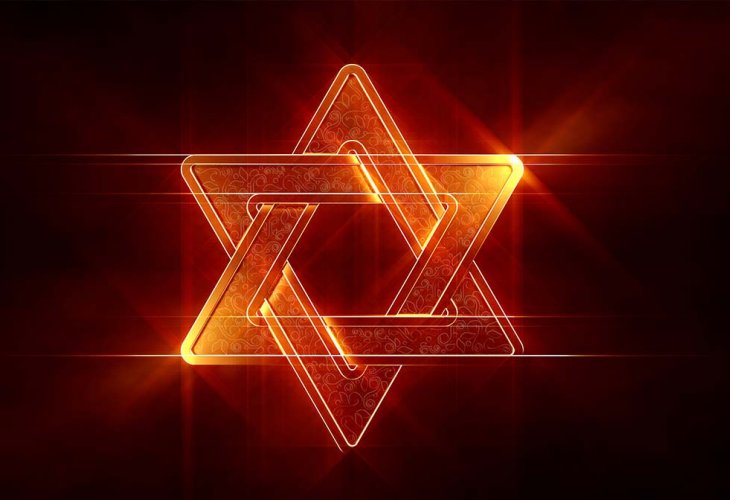Faith
The True Meaning of “Chosen People” in Judaism: Responsibility, Not Superiority
How Torah defines Israel’s role as a holy nation, why it’s conditional on mitzvot, and what it means for Jews and non-Jews alike
 (Photo: shutterstock)
(Photo: shutterstock)There is a common misconception that the Jewish idea of being a “Chosen People” implies racial superiority over other nations. In truth, Judaism is worlds away from racism. Any non-Jew, regardless of nationality, ethnicity, or background, can join the Jewish people through conversion — provided that they sincerely commit to the path of Torah and mitzvot.
The Jewish people are distinct not because of inherent superiority, but because they were entrusted with a unique role of leading creation toward its spiritual repair. The Jewish nation is therefore referred to as “a kingdom of priests and a holy nation.” This mission was given at Mount Sinai, where a covenant was established between God and the Jews for all generations. The Jewish people’s status is not self-claimed but rooted in the responsibility of guiding creation toward its fulfillment.
Why the Torah Was Given to the Jews
At Mount Sinai, the Torah was offered to all nations, but when they realized that accepting it required eaving their comfort zones and embracing obligations, they declined. Instead, they were given the Seven Noahide Laws, suited to their spiritual framework. The Jewish people, by contrast, accepted the 613 mitzvot.
Living according to Torah naturally elevates one to a higher spiritual state, bringing a deeper connection to God. This is why the Jewish people are called “children of God,” as the Sages taught: “Beloved is Israel, for they are called children to the Creator” (Pirkei Avot 3:14).
This is not arrogance or favoritism. Comparing a doctor’s salary to that of someone who never trained would never be described as “discrimination” as the doctor invested more and thus carries greater responsibility. Similarly, Jews who take on 613 mitzvot naturally achieve a different spiritual standing than non-Jews who are obligated in just seven basic laws.
What Is the Condition of Being a “Chosen People”?
At Sinai, the Israelites became a nation set apart from others — a “holy nation.” However, this covenant is conditional: the Jewish people remain God’s “treasured people” only if they uphold Torah and mitzvot. As the Torah states:
“Now, if you will indeed listen to My voice and keep My covenant, you shall be to Me a treasured possession out of all peoples … and you shall be to Me a kingdom of priests and a holy nation” (Shemot 19:5–6).
“You have declared today that the Lord is your God, that you will walk in His ways … and the Lord has declared today that you are His treasured people … to set you high above all nations … and to be a holy people to the Lord your God” (Devarim 26:17–19).
If a Jew fails to uphold their side of the covenant, they step outside of it and lose the right to its reward of being part of the “Chosen People.”
In fact, a Jew who neglects their mission may be considered on a lower spiritual level than a non-Jew who faithfully fulfills the Seven Noahide Laws. While a Jew has the potential to reach greater heights, failing to live up to that calling means one cannot claim superiority.

